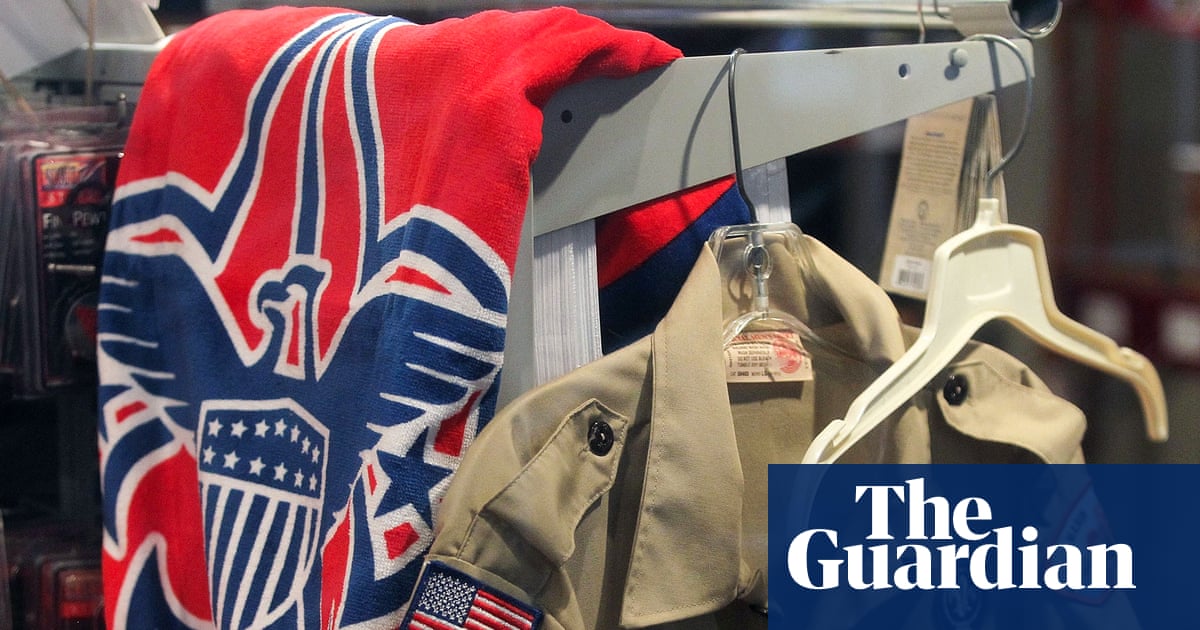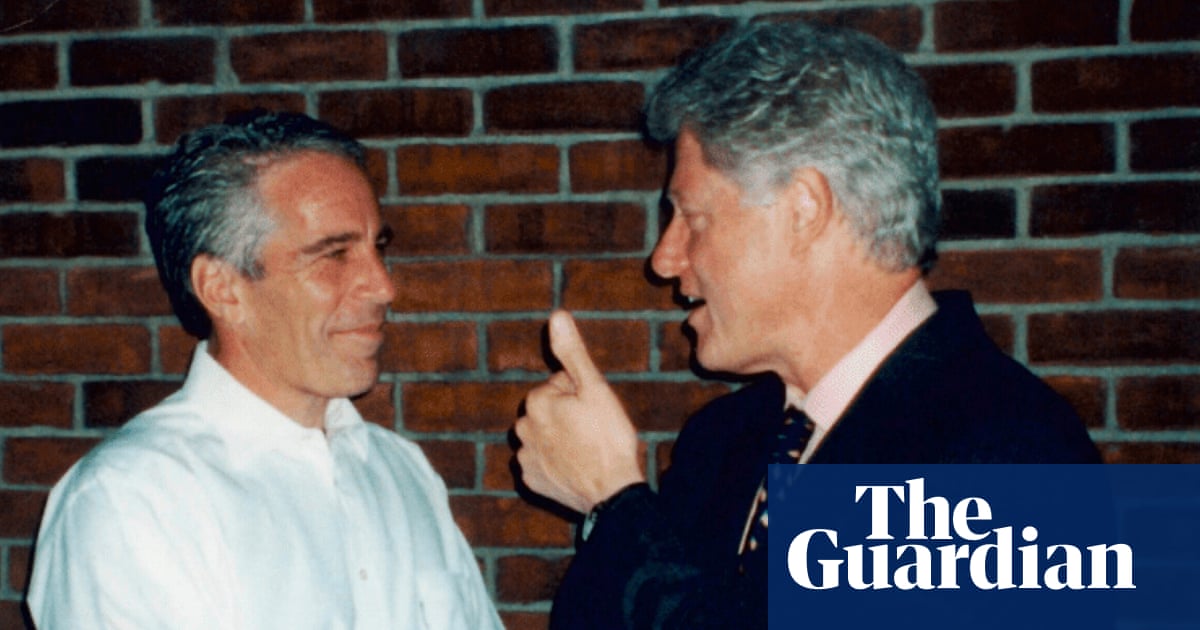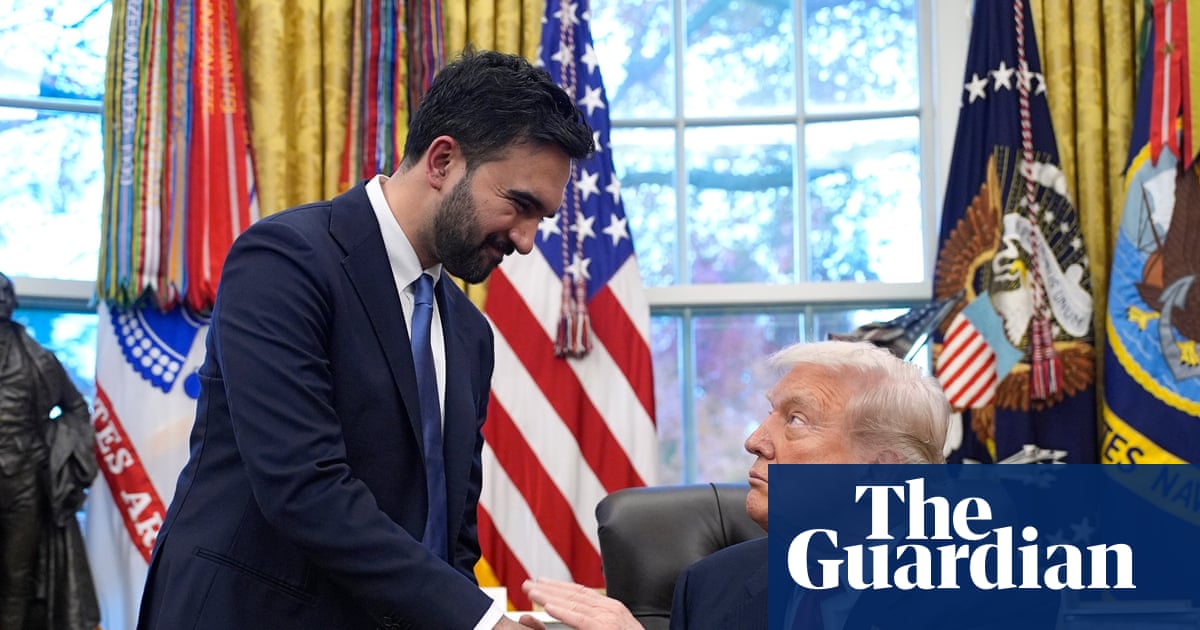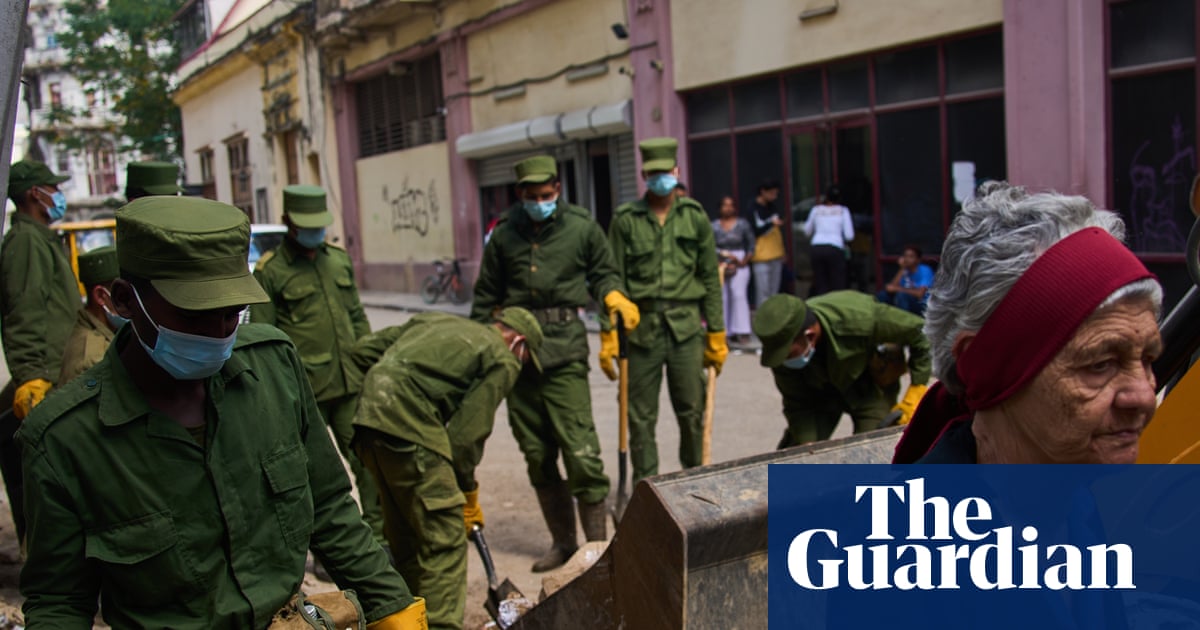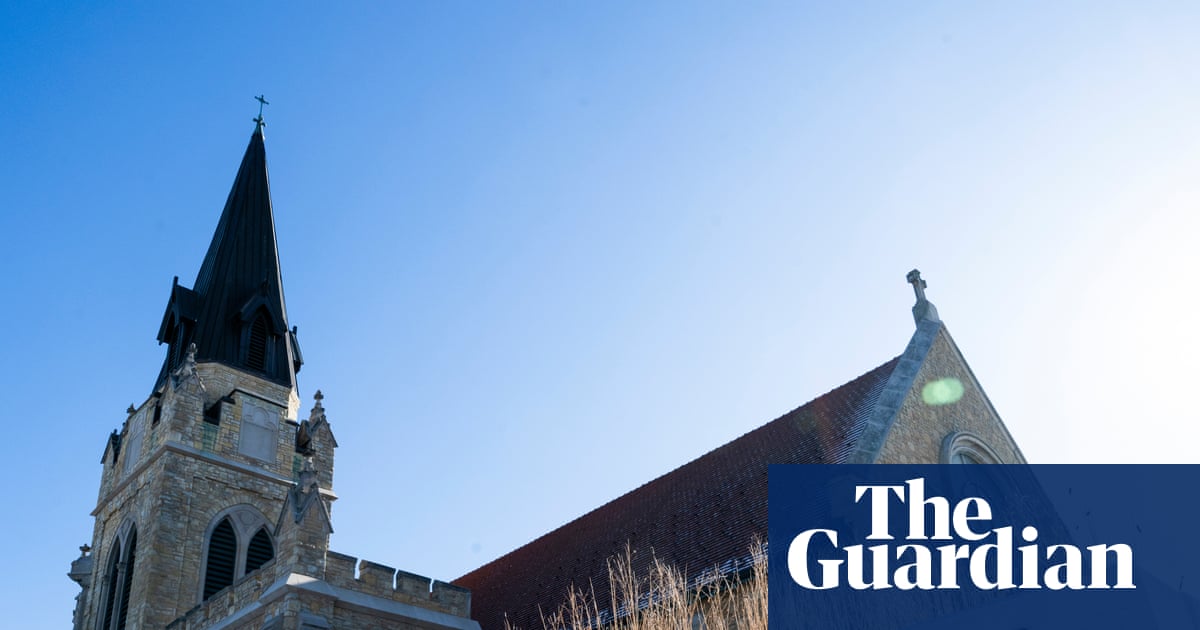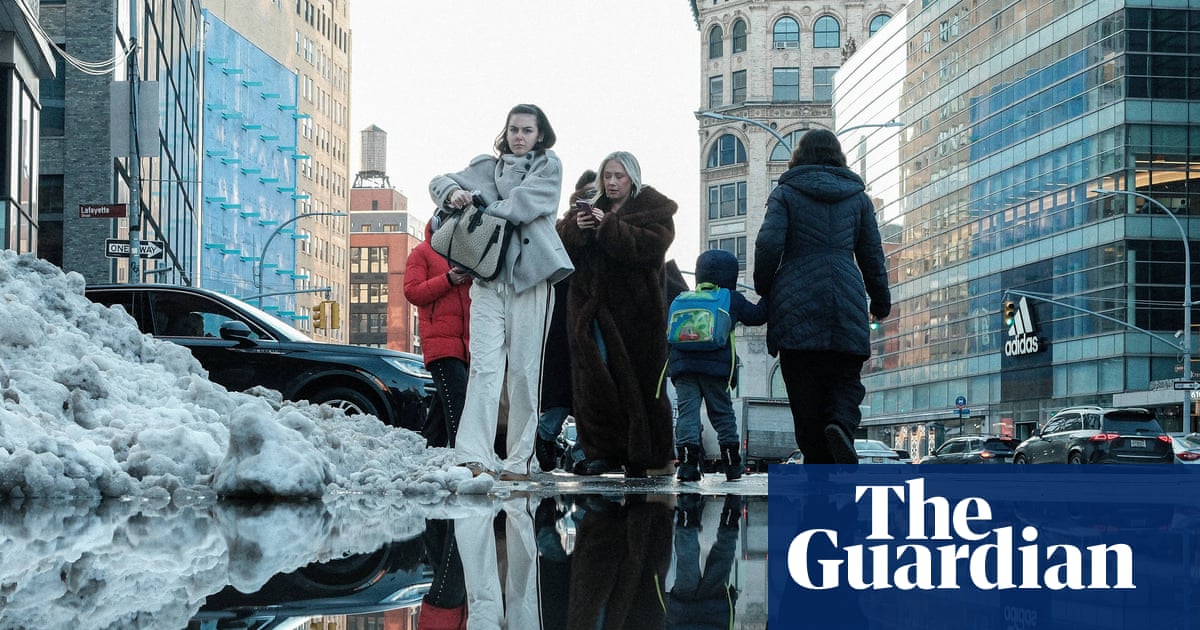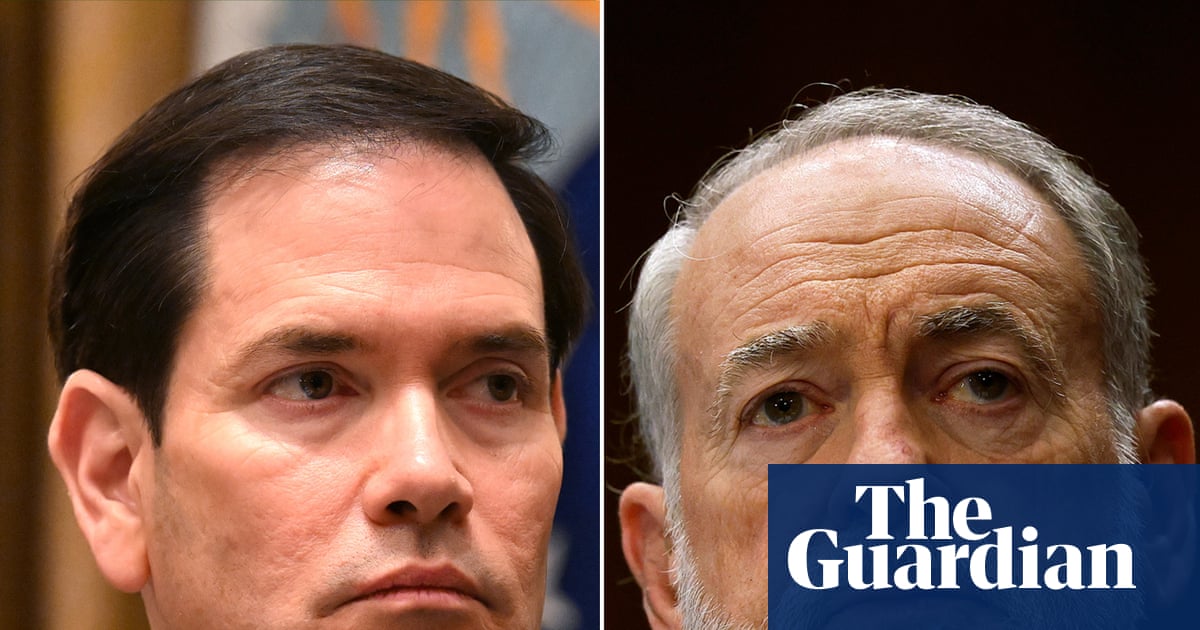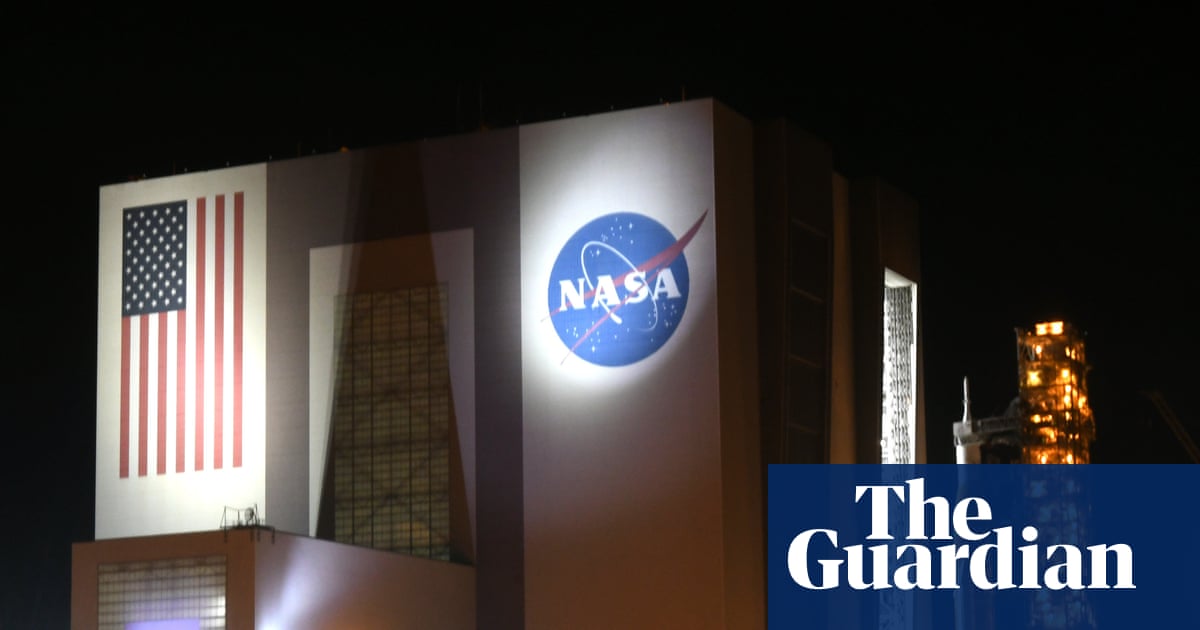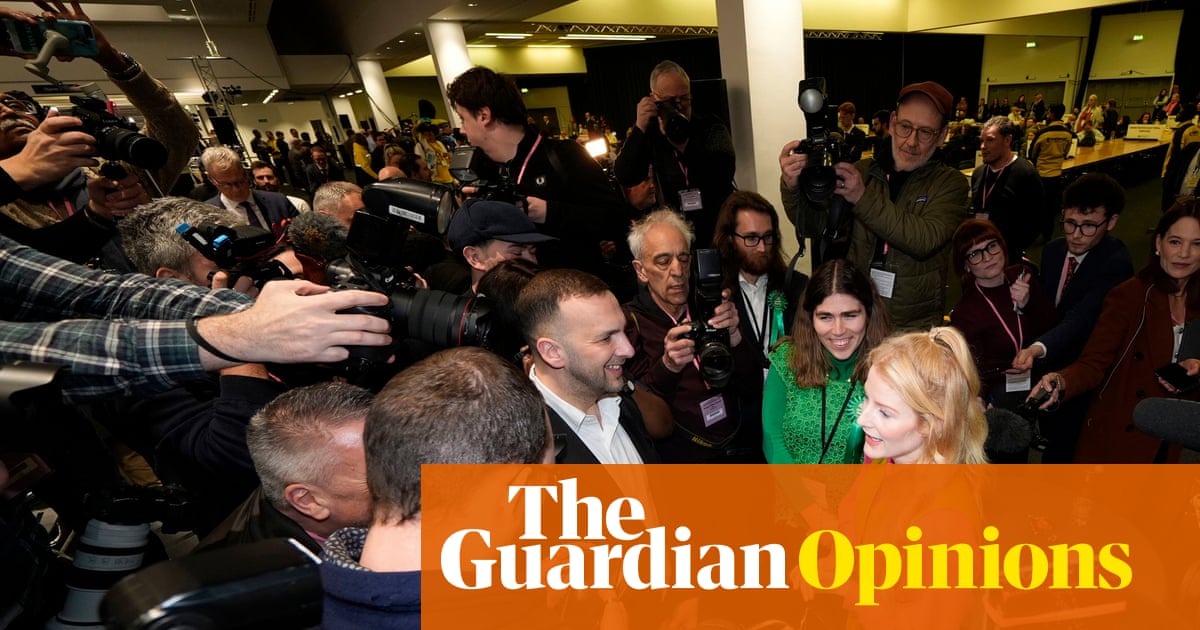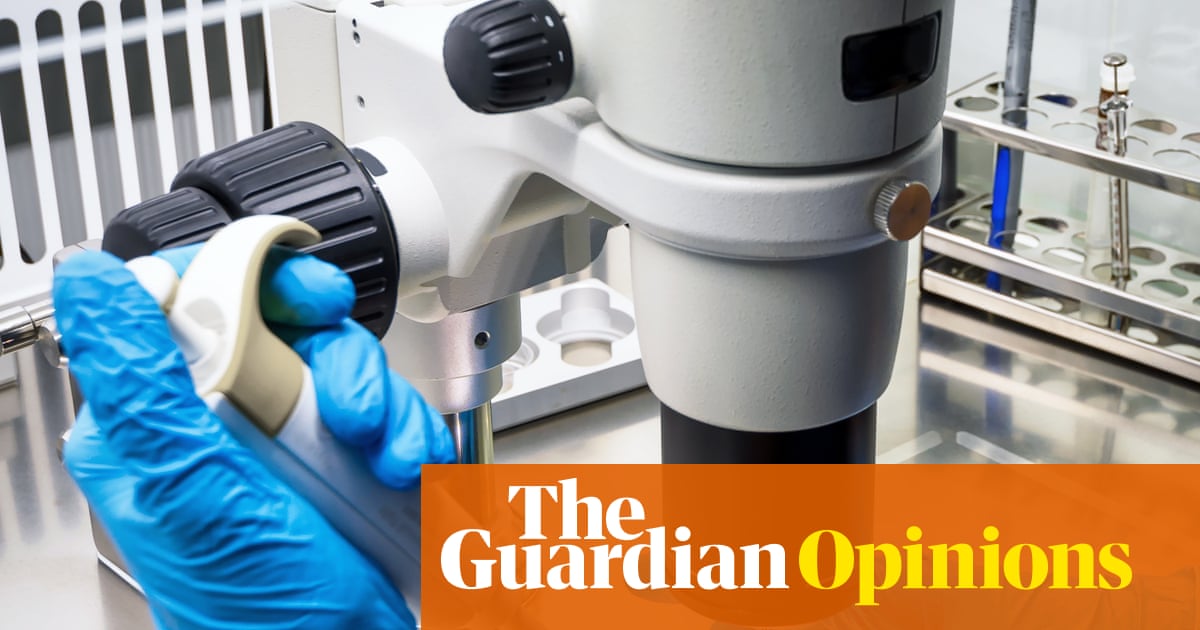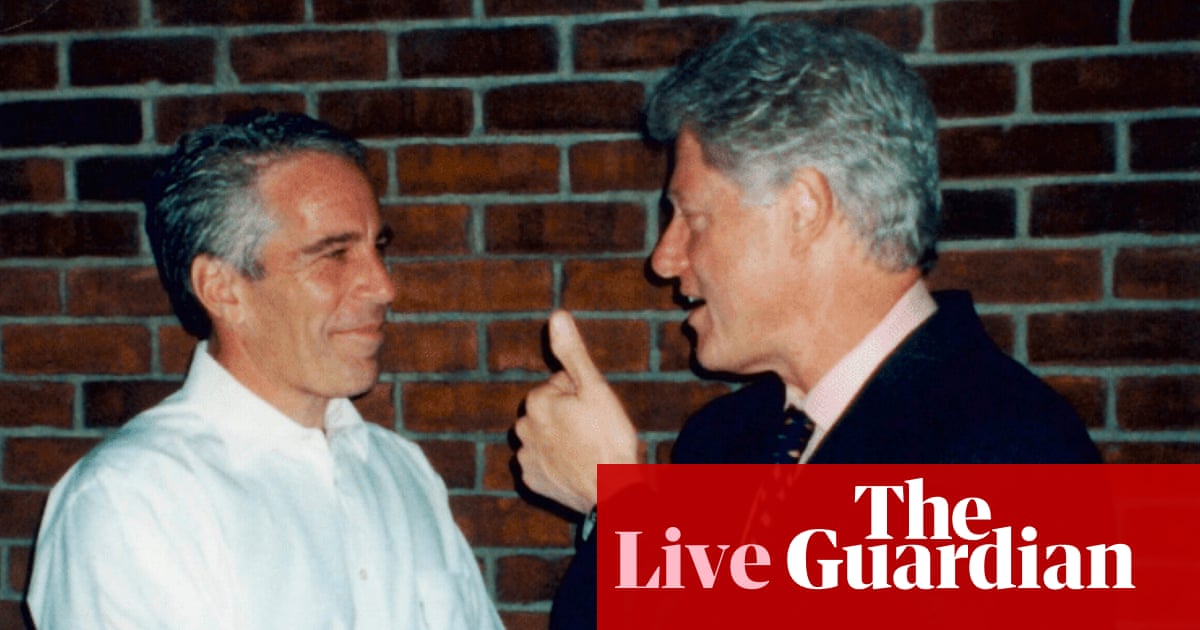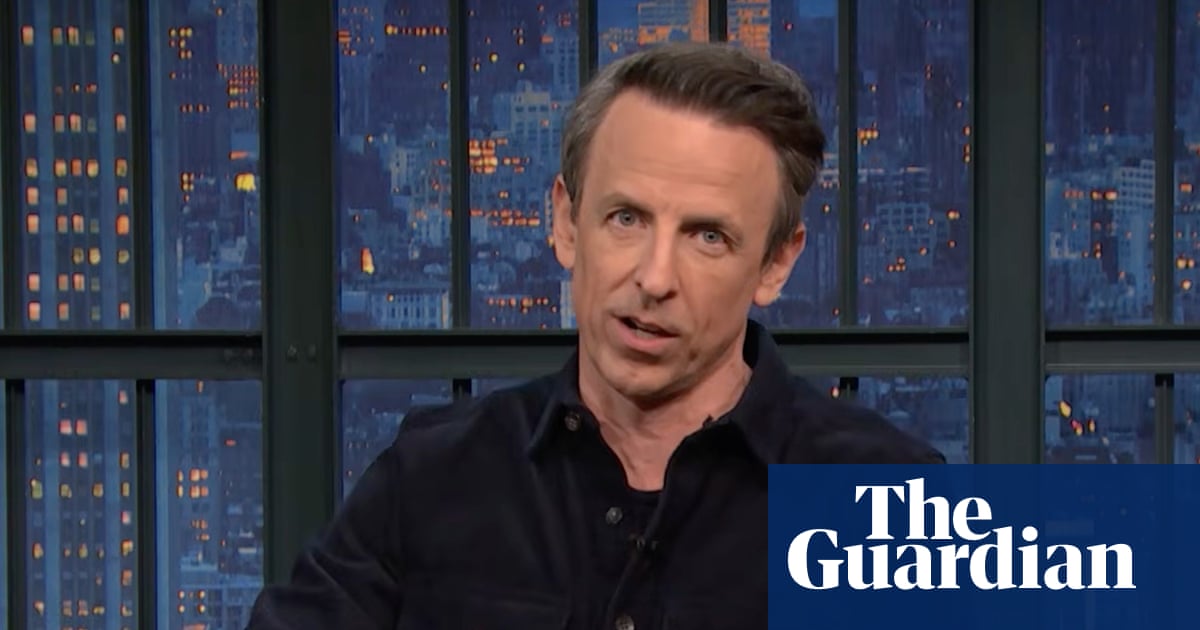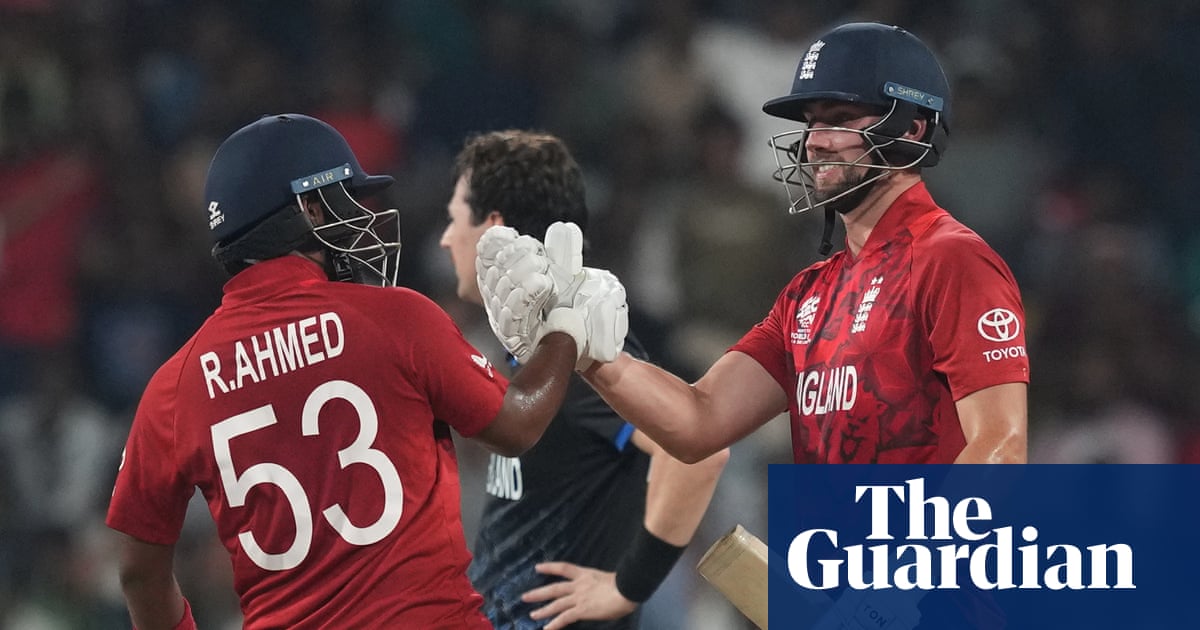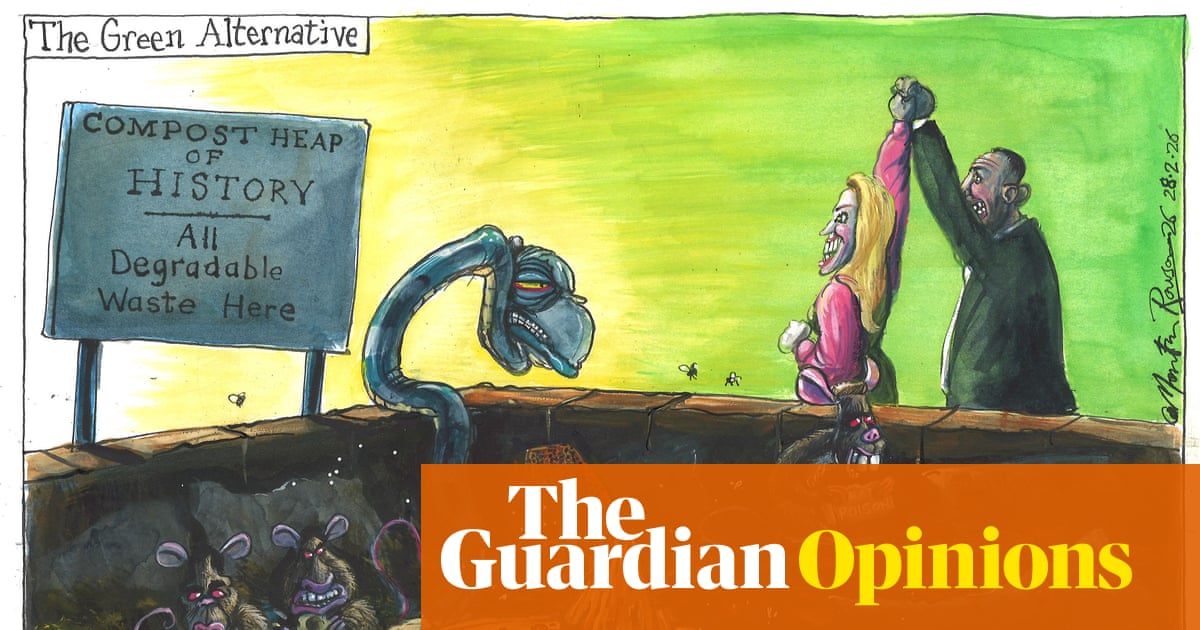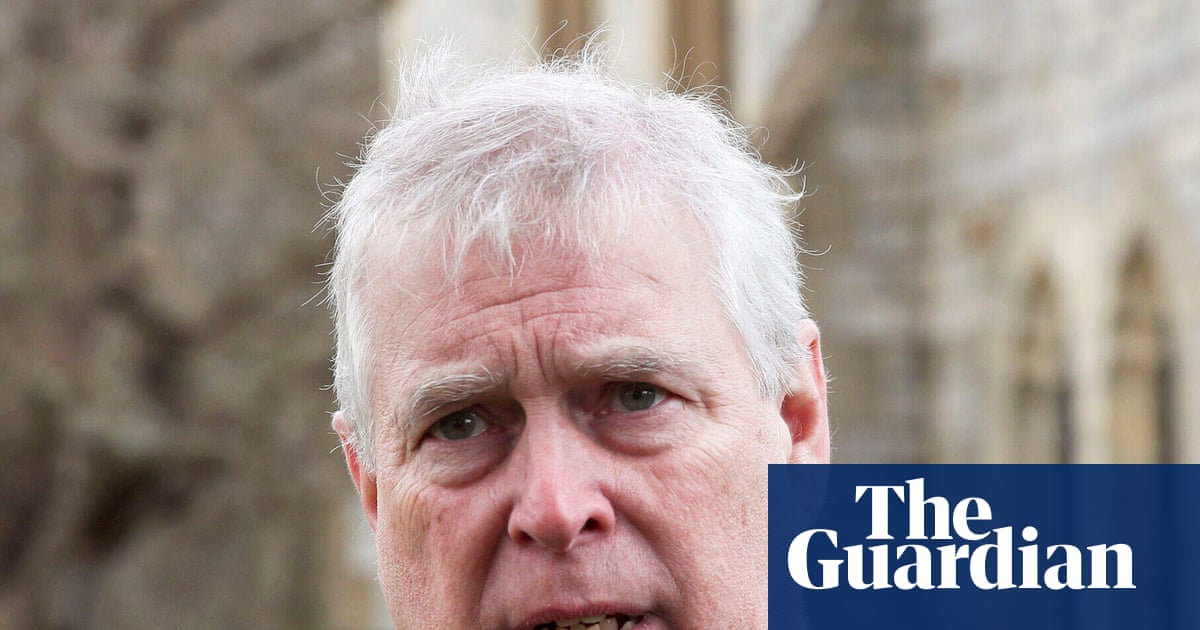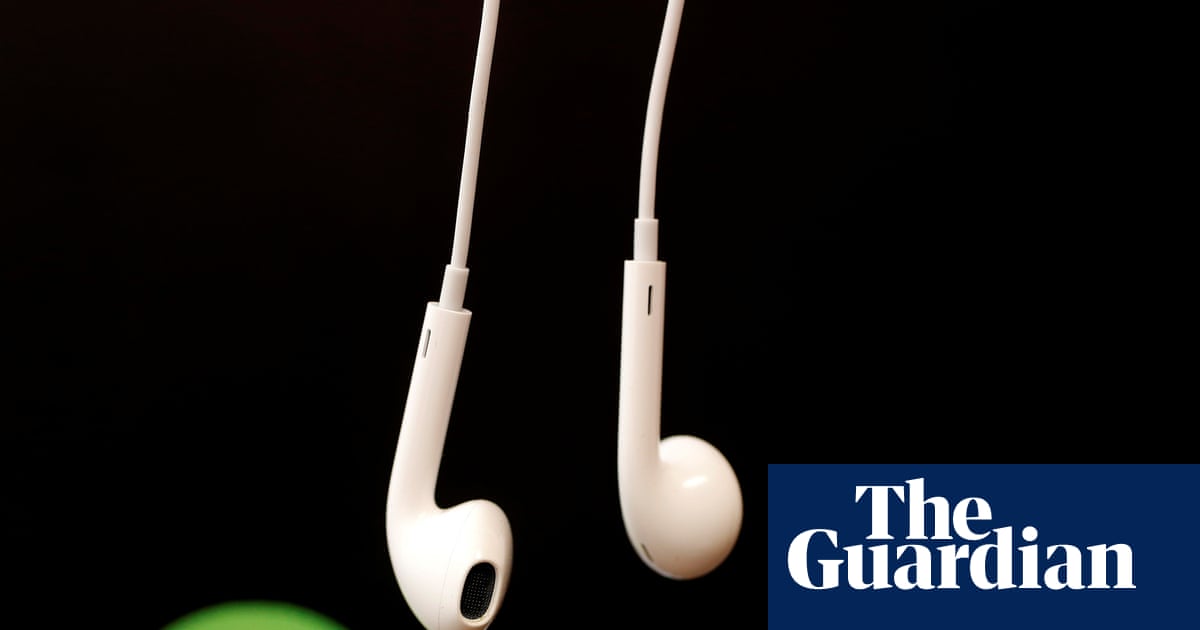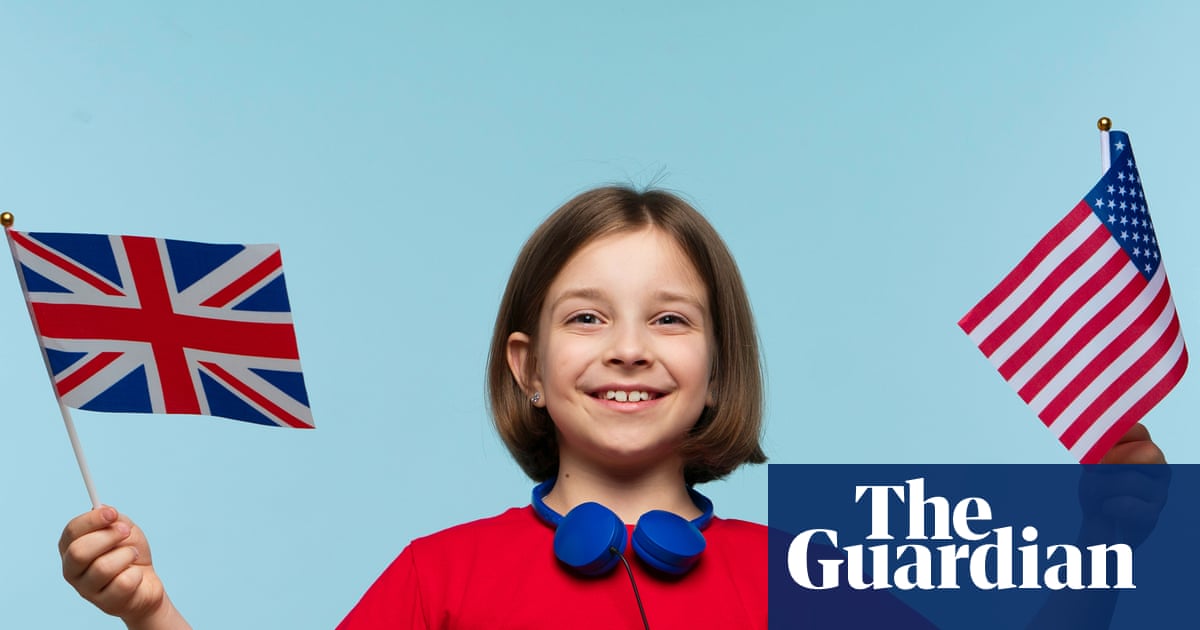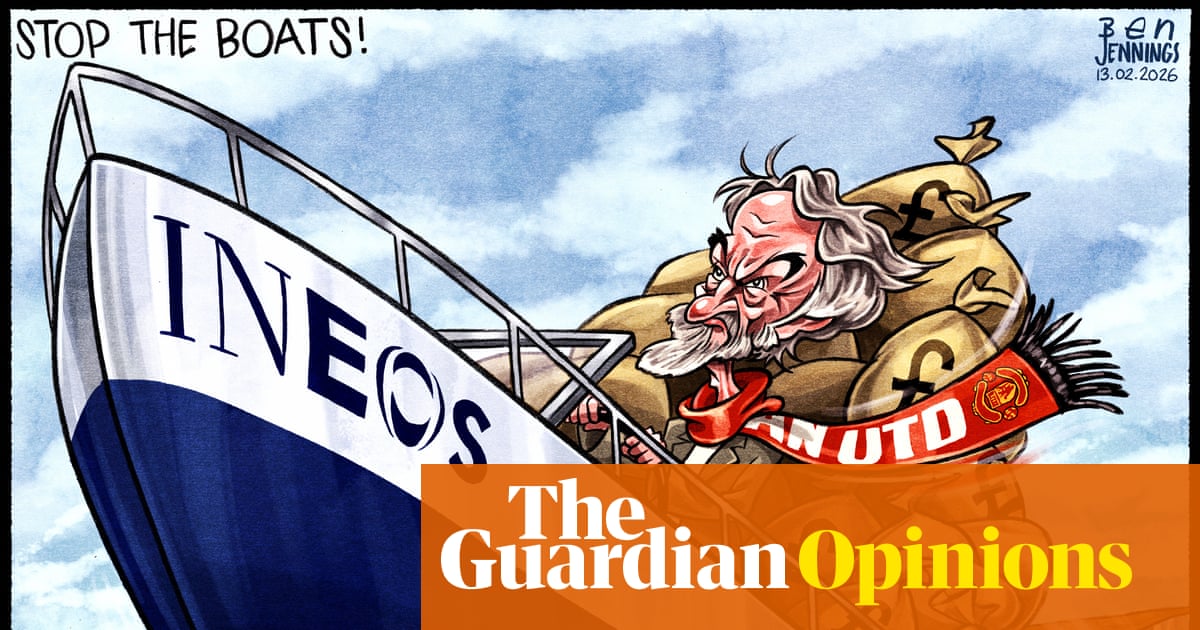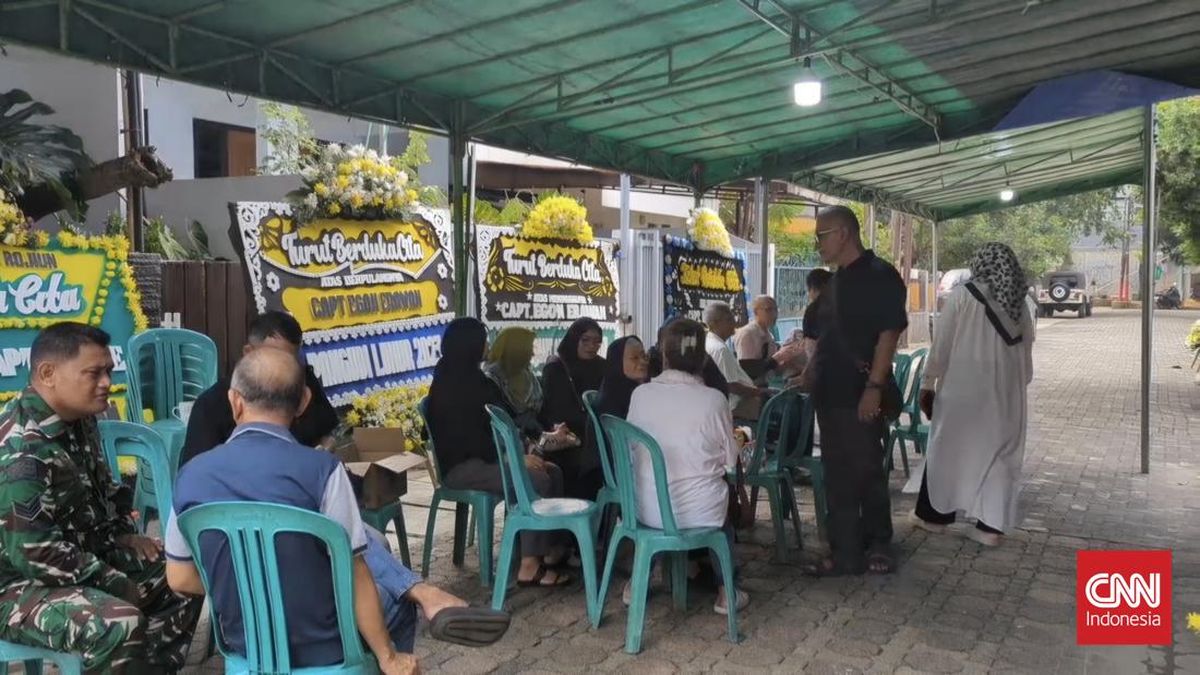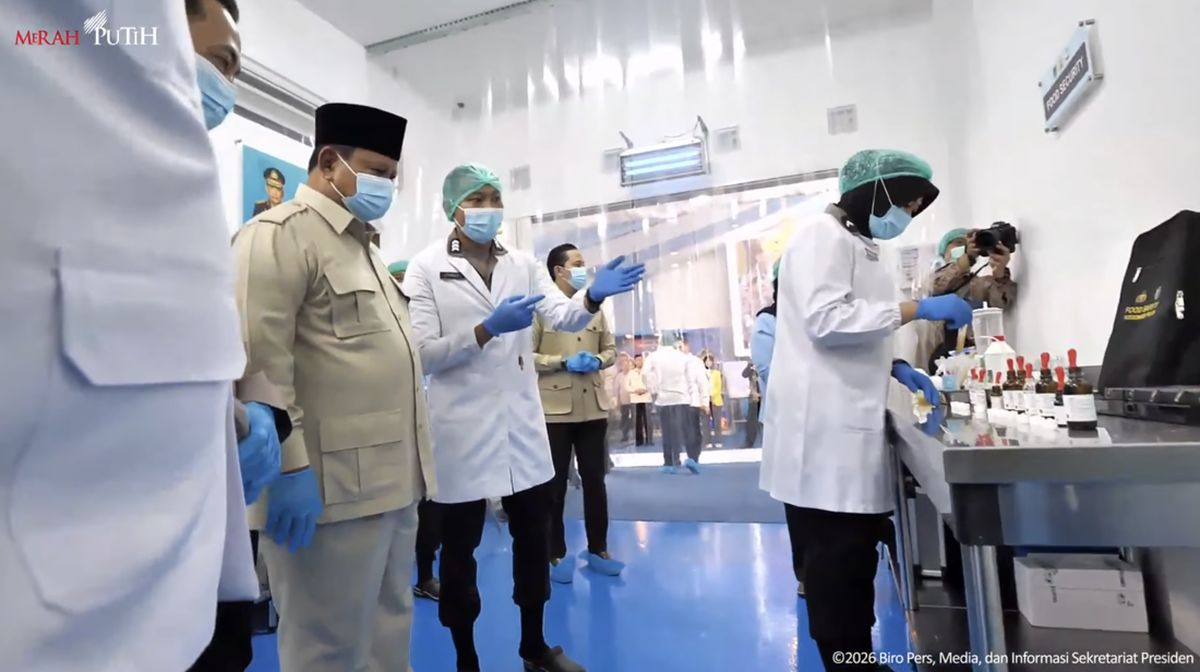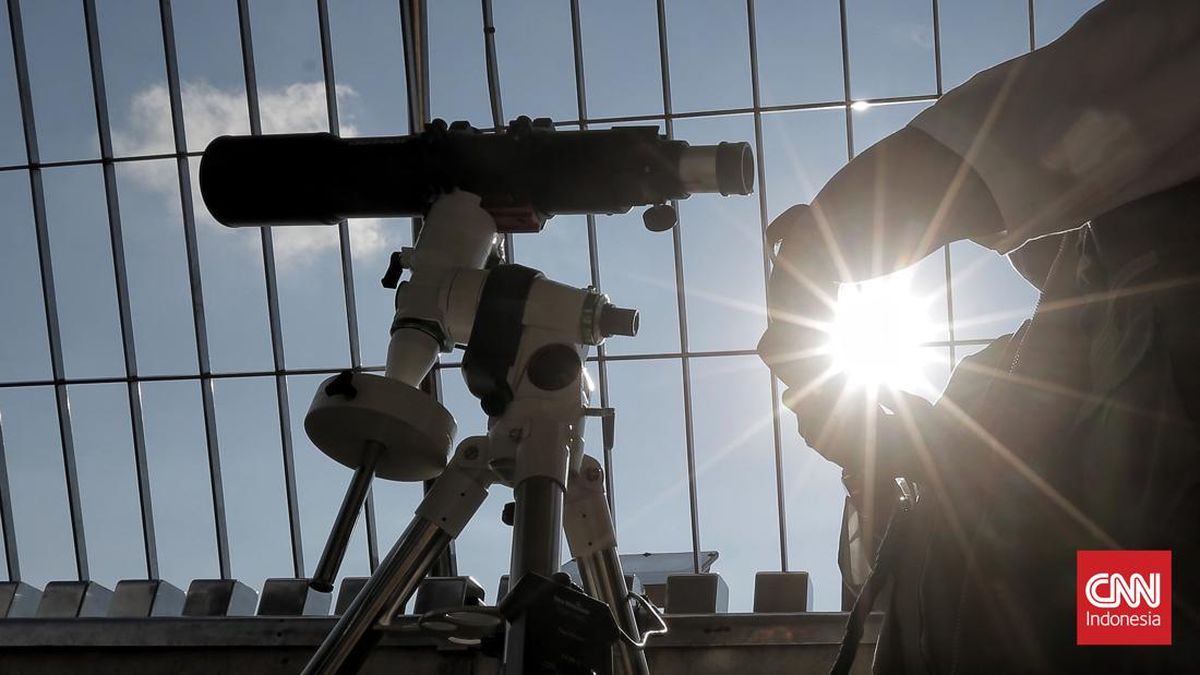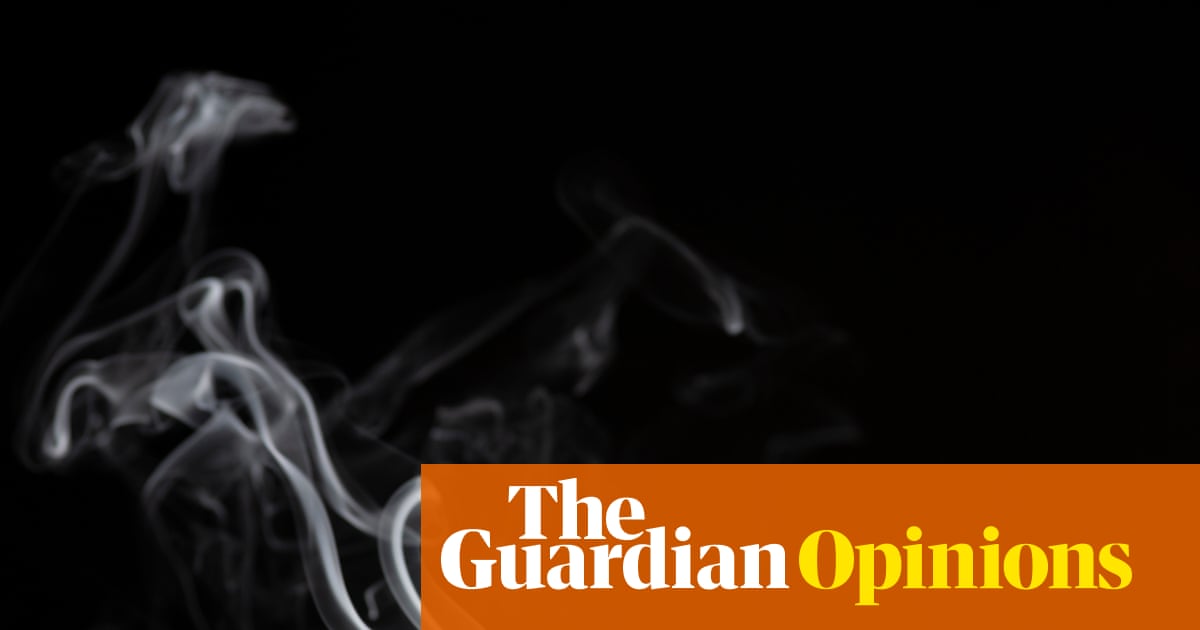On Donald Trump’s whirlwind tour of Asia – which involved stops in Malaysia, Japan and Korea – the US president triumphantly collected new trade deals from countries hoping for a reduction in the tariffs he slapped on them earlier this year.
However – China aside – analysts were left asking just how much Asian nations got out of it.
Malaysia
Trump’s first stop in Asia was Kuala Lumpur, where he held meetings with world leaders that resulted in trade pacts with Malaysia, Brazil, Thailand, Cambodia and Vietnam, among others. The Malaysian capital was hosting the annual meeting of the Association of Southeast Asian Nations (Asean). The 11 member nations collectively export more to the US than China, making them an important trading partner and also highly vulnerable to Trump’s tariff regime.
The US president secured pledges from Vietnam to dramatically boost its US purchases, and signed deals with Malaysia and Thailand on a framework to diversify critical minerals supply chains.
The four countries also pledged to remove trade barriers and provide preferential market access to various US goods. But the US maintained its 19% broad rate for Thailand, Malaysia and Cambodia, and 20% for Vietnam.
“It is indeed puzzling what the four south-east Asian countries might get in return for signing the trade deals and frameworks with the US that would compel them to follow through on some difficult commitments,” said William Yang, the Crisis Group’s senior analyst for north-east Asia.
“The failure to secure an immediate reciprocity from the US to lower tariff rates suggests that a potential reduction may be tied to how the trade agreements are implemented.”
Thailand-Cambodia
Trump didn’t visit the two south-east Asian nations but was still involved in a crucial moment, overseeing the signing of an expanded ceasefire agreement related to their deadly border conflict in July. The signing, which did not carry the weight of an enforceable treaty, was signed in Kuala Lumpur ahead of Asean.
Trump had helped Malaysia broker the end of Thailand and Cambodia’s worst border conflict in recent history, telling the leaders they risked putting their respective trade talks with the US on hold if they did not end hostilities.
“The United States will have robust commerce and cooperation, transactions, lots of them, with both nations, as long as they live in peace,” Trump said.
The deal boosted Trump’s efforts to position himself as a global peacemaker – an idea that has drawn rebuke from those who point to US support for Israel’s assaults on Palestine, but also support from figures such as the Cambodian leader, Hun Manet, who nominated him for the Nobel peace prize.
Japan
On Tuesday, Trump landed in Japan to meet the country’s newly minted prime minister, Sanae Takaichi, who told the media she hoped to realise “a new golden age” in US-Japan relations.
As well as advancing earlier trade negotiations to lower US tariffs on Japan, the two signed on to a framework securing the mining and processing of rare earths and other minerals – at the time a critical issue with China’s shock export ban still in place.
The objective of the deal is “to assist both countries in achieving resilience and security of critical minerals and rare earths supply chains”, the statement said.
The conservative Takaichi is a protege of Shinzo Abe, the assassinated former leader and friend of Trump. Her meeting with Trump coincided with the first day of the trial of Abe’s alleged killer, and she thanked Trump for his “enduring friendship” with Abe.
Among the gifts presented to Trump was Abe’s putter in a glass case and some gold leaf golf balls.
Crisis Group’s Yang said Takaichi’s “charm offensive” had probably strengthened her country’s relationship with the US.
“It was significant that she was able to get Trump to publicly pledge Washington’s commitment to Tokyo as it faces an increasingly complicated external security environment,” he said.
South Korea
In South Korea on Wednesday, Trump and his counterpart, Lee Jae Myung, pushed through a deadlocked $350bn trade deal, which included $200bn in cash investment and $150bn in shipbuilding.
Trump also gave US approval for South Korea to commission a nuclear-powered submarine, built in a US shipyard. Lee’s predecessors had wanted to build nuclear-powered submarines, but the US had opposed the idea for decades.
The deal could be controversial, but the shock effect was blunted by the furore already playing out over Aukus deal for Australian nuclear subs, said Ja Ian Chong, assistant professor of political science at the National University of Singapore.
“That said, Seoul going on the path of nuclearising part of its military could set in motion a movement toward nuclear weaponisation in north-east Asia. It is an open question as to the effects of such a development.”
Trump received a glowing welcome in South Korea. The gold-loving president (and subject of recent No Kings protests in his home country) was gifted a replica crown from the ancient Silla kingdom, and was awarded the Grand Order of Mugunghwa, the country’s highest decoration.
Trump’s final day in South Korea was the closest watched. On his way out of the country Trump met the Chinese president, Xi Jinping, who was on his way in. Their meeting resulted in another apparent truce in their latest trade war. The nerves of other nations were particularly eased by an agreed pause on China’s rare earth export ban.
But Trump’s decision not to stick around for the actual Apec meeting has been criticised.
Leif-Eric Easley, professor of international studies at Ewha Womans University in Seoul, said the Xi/Trump meeting had averted some of the worst-case outcomes, but there were crucial economic challenges in the region that needed addressing at a multilateral level.
“Apec is meant to be more than a venue for a trade war truce,” Easley told the Associated Press.
Trump’s absence also left the space wide open for Xi to promote China as the region’s preferred trading partner. On Friday, he told the gathering the world was an increasingly volatile place. “The more turbulent the times, the more we must work together,” he said.

 3 months ago
71
3 months ago
71

